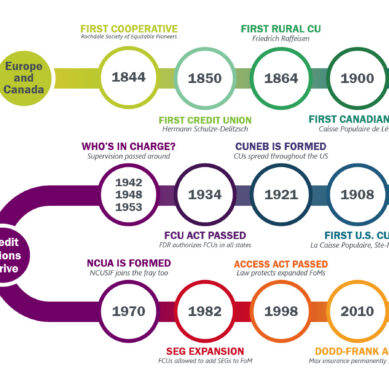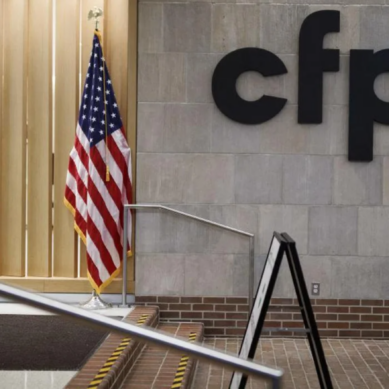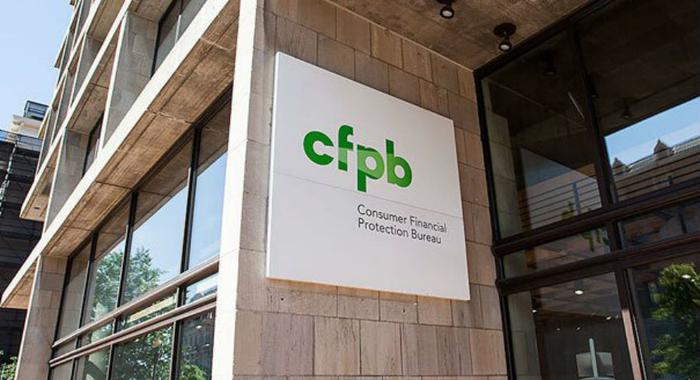Continuing in the long-standing debate over the structure and funding of the Consumer Fraud Protection Bureau (CFPB), the 2nd Circuit Court of Appeals ruled on March 24th that the manner in which the CFPB is funded is constitutional.
This follows a ruling by the 5th Circuit Court in October 2022 that declared the organization’s structure to be unconstitutional (critics have consistently taken issue with the CFPB’s single-director structure) and claimed it failed to meet the Appropriations Clause.
Additionally, it argued that the CFPB’s funding method, in which it received funds from the Federal Reserve without any formal government oversight, provided the organization to what basically boiled down to an “off-the-books charge card,” the court said in their ruling. The outcome of the ruling also meant that any policies enacted by the organization were declared null and void, particularly the Payday Rule.
At the time of the ruling, credit union groups responded with enthusiasm. Jim Nussle, President and CEO of CUNA, called the ruling “the most appropriate avenue” for the CFPB to function and provide the oversight he deemed it desperately needed.
However, as reported last month, the Supreme Court agreed to review the 5th Circuit Court’s ruling. It did however fail to note if it would consider it on an expedited basis, which was the request of both the White House and the CFPB.
Now, ahead of the Supreme Court’s review, the 2nd Circuit Court of Appeals has disputed the 5th Circuit Court’s findings and declared the CFPB constitutional as the CFPB’s funding “was authorized by Congress and bound by specific statutory provisions, we find that the CFPB’s funding structure does not offend the Appropriations Clause.”
“As a threshold matter, we cannot find any support for the Fifth Circuit’s conclusion in Supreme Court precedent,” the Court said in its ruling. “To the contrary, the Court has consistently interpreted the Appropriations Clause to mean simply that ‘the payment of money from the Treasury must be authorized by a statute.’”
Groups on both sides of the debate have expressed frustration with the never-ending differences of opinion and are eager for the matter to be resolved, claiming the continued uncertainty only creates more confusion and chaos. It is unclear when the Supreme Court will take on the case, though the contrasting rulings and widespread debate could speed up the process. Either way, all parties involved are eager for the court to put the matter to bed once and for all.























































